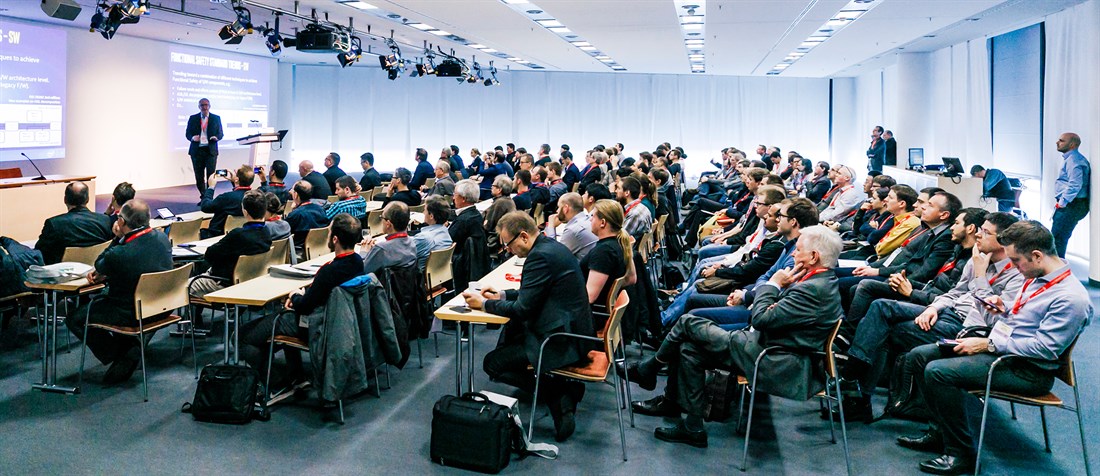Recommendations for attending the international conferences. The first subject matter is a conference and ensures to be the point to your research field. The second subject is the quality of the conference and looks for conferences that are well-respected and have a good reputation in your field. Finally, the third point is the size of the conference. If you wish to be exposed to many people, choose a well-known and large conference; if you want an intimate setting, choose a smaller one.
Do the Background Research
Outline your aims
Choosing a conference to publish your research can be a daunting job. It is vital to outline your aims to make the best decision. Are you looking to share your research with others in your area? Do you present your work to a new spectator? Do you obtain a response from specialists in the area? Consider the element to consider when choosing a conference to submit your research:
The most important factor in choosing where to submit your research is making sure that the conference aligns with your goals. Is the conference primarily focused on disseminating research findings? Or, is it more orientated towards professional development opportunities (networking, attending workshops, etc.)? It is also essential to consider the spectators that will be in attending. You know conferences with a more common center may draw researchers from different stages and backgrounds of their profession while more specialized conferences will have a narrower focus and attract researchers working in a similar field.
Travel Grants and Budgets
Abstracts submitted for presentation at conferences are often supported through the allocation of travel grants. If your abstract is accepted, your next task is to identify the funds required to attend this event. You know conferences sites or interstate and overseas will have added costs for travel like hotel accommodation and airfare.
You have to before submitting you’re abstract, verify the price and recognize your funding sources. If budget allocations for research travel do not align with the expenses of your selected conference destination, you may need to consider other funding opportunities. The good news is that many conferences allow junior scientists to apply for a travel grant, so be sure to check the conference website for more information.
Final Steps: Procedure
The next step in the process is choosing a conference to publish your work. The decision should be based on the quality of the conference, the relevance of the topic, and how well the conference aligns with your research work. Register for the conference after aligning your research work with a scientific conference and funding sources that are verified. While an executive member of the host company for the researcher through official meeting there is an accessible. You rely on the registration procedure based on a little amount or might be free.
The conference will have different requirements for abstracts and conference proceedings, but most submissions are short in content. The presentation format can be chosen by the author of the abstract. They may choose to present their work as either a speaker or an observer. Register for the conference once you have aligned and verified your funding sources with your research. A basic guideline is that an observer will have less responsibility in the proceedings than a presenter, which usually contains more publications and is responsible for presenting his or her research at the conference.
Consider these factors when choosing a conference where you will publish your research:
1. The quality and prestige of the conference:
Start by considering the quality and prestige of the conference. According to Dr. Robert Lefkowitz, Nobel Laureate in Chemistry 2012, “a journal will only accept your manuscript if you’ve presented it at an accredited meeting or made a presentation at one before publication.” The higher the conference quality and prestige, the more likely it will be indexed in scientific databases.
2. The audience at the conference:
Speakers often consider who will attend their presentation when considering which conferences to submit their research to. By choosing a conference that has an appropriate audience for your work, you increase the likelihood of attracting journal editors and reviewers interested in your topic.
3. The location of the conference:
The location of the conference can be an important factor to consider, especially if you are presenting a research poster. Conference attendees often have to travel long distances, and the cost of attending the conference can add up. Make sure to weigh the pros and cons of each potential conference location before making a decision.
4. The cost of attending the conference:
The cost of attending a conference can range from free to several thousand dollars. Make sure you are aware of all the costs associated with attending a conference, including registration fees, travel expenses, and hotel costs.
5. The length of the conference:
Conferences can last only for a few days or for several weeks. If you are presenting a research poster, you will want to make sure the conference is long enough for people to be able to view your work.


